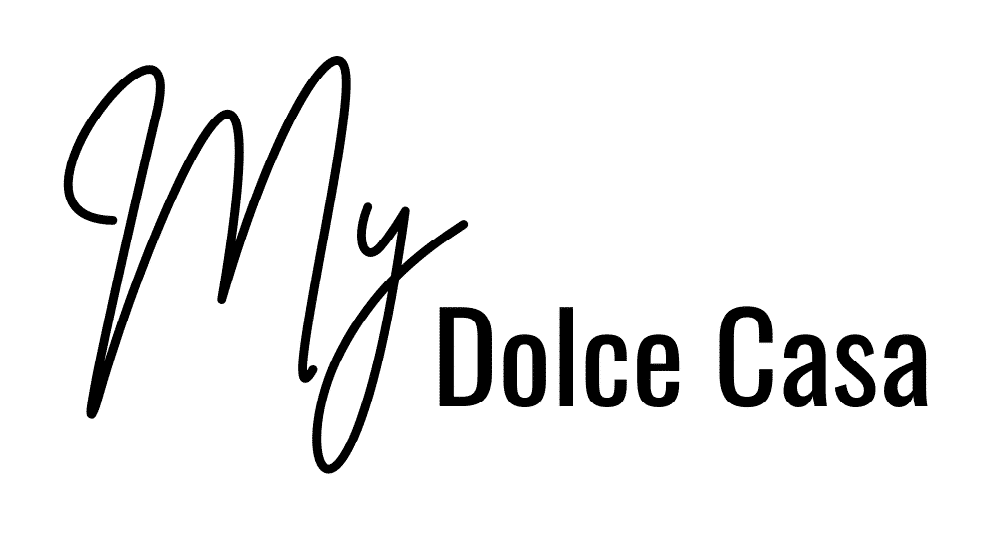Many people dream of moving to Italy, getting a job, and enjoying the leisurely pace of life, or at least that’s the image they have in their heads. But how close is that to reality? How easy is it to find a job in Italy as a foreigner?
We’ll take you through some job-hunting steps, competitive job areas, and some tips and tricks to help you find work in this amazing country.
Do you need a visa to work in Italy?
If you’re a member of the European Union, you can freely live and work in Italy without a visa.
However, anyone outside the EU, including American citizens, need a work permit from an employer in order to live permanently or temporarily in Italy. The law also states that you need to get your work visa before coming to Italy.
Visas take many forms, like National or Mission-D, but the paperwork doesn’t end there. After you get to Italy, you need to apply for a permesso di soggiorno, or permission to stay, within eight days.
Skill shortages in Italy
In Italy, there are plenty of skill shortages. For example, people are needed in information technology (IT), engineering, healthcare, and tourism. The demand for IT professionals, such as software developers, data analysts, and cybersecurity experts, has been consistently high, and finding professionals has been hard to come by for bigger companies throughout the country.
Another place you can look is the healthcare sector. Medical professionals are highly sought-after, including doctors, nurses, and specialists. Due to Italy’s aging population, there is an increasing need for healthcare workers in various specialties.
As you may have guessed, tourism is a significant industry in Italy, and during peak seasons, there is often a demand for multilingual staff, especially in popular tourist destinations. You can look at positions in hotel chains, bars, restaurants, or tour guide companies, though many of these positions may require some Italian language proficiency.
Though speaking Italian would expand your options, you can consider English teaching positions in language schools, universities, or private tutoring. English is in demand, especially in larger cities or areas frequented by international tourists. Some private language schools have contracts with local high schools for language test prep.
Italy also hosts various international organizations, such as the United Nations agencies, where English is the official language. In fact, Rome hosts the World Food Program (WFP), the Food and Agriculture Organization (FAO), and the International Fund for Agricultural Development (IFAD). These agencies sometimes seek professionals with international development, public health, and international relations skills and qualifications.
Moving to Italy: Where to look for a job
Best job listings websites in Italy
- jobsinmilan.com/ – Jobs in Milan is a job board that caters to English-speaking professionals seeking opportunities in Milan, one of Italy’s major cities. Milan is the financial, fashion, and tech hub of Italy, so this is a great place to start for young professionals.
- jobinrome.com/ – Similar to Jobs in Milan, this website specializes in job listings for English speakers, specifically in Rome. Though Rome isn’t considered a young-professional hub like Milan, as the capital of Italy, there are plenty of positions you can find.
- eurobrussels.com/ – While primarily focused on European Union institutions and organizations, EuroBrussels also features job listings from international companies and NGOs based in Italy that may require English-speaking professionals.
- jobrapido.com/ – A company based out of Milan, JobRapido compiles jobs posted from all over the internet into one convenient location. The website helps candidates find relevant jobs,
- linkedin.com – The “social media” of job hunting isn’t just helpful for finding jobs in the United States. There are plenty of open positions, recruiters, and connections you can make on this site. Additionally, there are tons of groups you can join to get training, tips in finding work, and places to grow your network.
Word of mouth
Networking and connecting with local professionals and organizations in your desired field can help you uncover potential job opportunities that may not be advertised widely. There are tons of expat WhatsApp groups for socializing, and making friends through these platforms is a great way of hearing about potential job opportunities.
Self-employment and freelancing in Italy
Because of its low cost of living, high quality of life, beautiful places to live, and low medical costs, Italy is an ideal place for many expats looking to freelance or run their businesses. Unfortunately, Italy isn’t the most accepting country of freelancer workers and digital nomads in the European Union, so freelancing in this country is complicated.
The biggest hurdle in this situation is securing a working visa. As previously mentioned, you’re required to have a visa and proof of employment before moving to the country permanently. However, you can apply for a Self-Employment visa. There are three Self-Employment visas available:
- The Italy Startup Visa: If you want to start a tech-based company or join a startup in an executive role, you can apply for this visa.
- The Italy Freelancer Visa: If you have an established self-employed career through freelance work, this is the visa for you.
- The Italy Entrepreneur Visa: Finally, if you’re looking to open a business or have an investment plan of more than €500,000 and can prove your plan is beneficial to the Italian economy, you can apply for the Entrepreneur Visa.
To add to the complication, there is only a select amount of time the Decreto Flussi (Flow Decree) is open, and the country has a quota of visas they’ll issue.
Job contracts in Italy
Aside from the complicated immigration process, employment law in Italy is also strict. Once you have a contract with an employer, it is very hard to be fired. Compared to the US “at will” laws, which give companies the power to terminate their employees for any legal reason, workers in Italy have more power. With this in mind, employers are very cautious and picky in choosing their employees.
Keep this in mind when applying for jobs, and don’t be discouraged if you don’t make the cut. Though this approach to employment law is meant to protect workers, it actually makes the market much more competitive, in turn making securing a job more difficult.
Applying for a job in Italy
As is the case in many countries, your resume and cover letter are vitally important to getting a job in Italy. It would be best if you took time to tailor both of these documents to the specific jobs you’re applying for.
Take a look at some of the descriptions the companies use in their job postings, and try to use some of the keywords in your resume. Read the “about the company” section on their website.
For some positions, you may want to translate your resume into Italian. There are professional translators online that you can pay to help you with this process.
Once you get an interview, be sure you are properly prepared. Read about the company, its history and past successes, and think of ways your experience and expertise can help the company. Outward appearance is also essential to Italians, so dress to impress. You can also browse the company’s website to see how their workers dress on a day-to-day basis.
Don’t be fooled by Italy’s approach to timeliness. The cliche of tardiness doesn’t apply in the business sector. Be on time for any interview, meeting, and when the job starts, be on time for work as well.
Salaries in Italy
Salaries in Italy vary, depending on the location you’re looking at and the position you hold. For example, in major cities like Rome and Florence, salaries are higher compared to smaller towns because the cost of living is higher. You can also find high-paying jobs in these cities, like information technology, finance, and engineering.
However, salaries in Italy are quite low compared to other developed countries in Europe and in the United States. You can expect to see €1,000-€1,500 a month for entry-level positions, depending on the sector. This monthly pay is considered good by many Italians, as the cost of living is generally much lower compared to bigger cities around the world.
Of course, with more experience behind you, salaries can increase dramatically.
Final thoughts
For many young professionals looking for adventure abroad, the idea of moving to a country and searching for a job is appealing. Unfortunately, that isn’t legally possible in Italy, with their strict immigration policy making this virtually impossible.
However, with proper planning and desirable skills, you can find jobs throughout Italy that pay competitive salaries compared to the low cost of living in the country.
Also read: Working from abroad for a U.S. company – is a W2 or a 1099 the best option?





